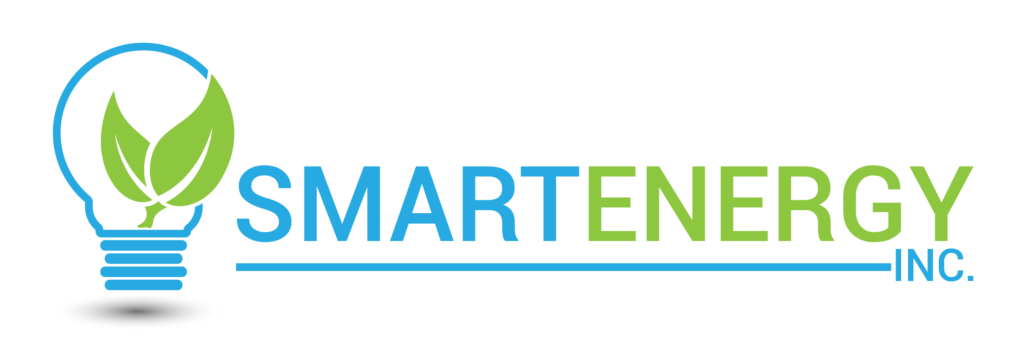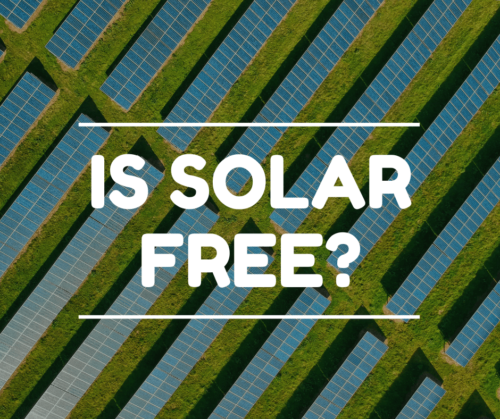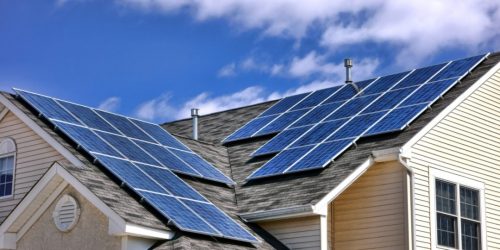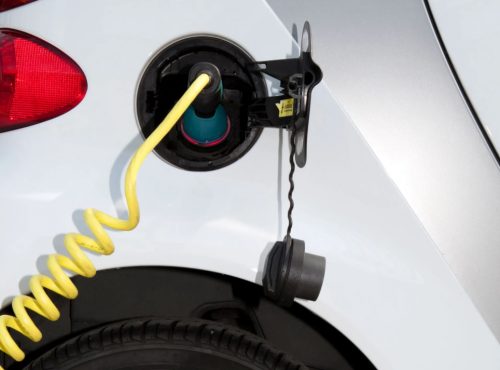Senator Scott Wiener (D-San Francisco) introduced Senate Bill 379, the Solar Access Act. SB 379 implements instant, online solar permitting in counties with over 150,000 residents. This legislation will greatly decrease approval times for residential solar and solar-plus-storage systems, cut permitting costs for local governments and homeowners, and help California meet its greenhouse gas emission reduction goals. SB 379 is co-sponsored by SPUR and Environment California.
Climate change is a dire threat, and California must accelerate its transition to clean energy in order to meet its target to become carbon neutral by 2045. Widespread installation of residential solar systems has helped push California towards these goals. However, while the cost of solar technology has decreased in recent years, the high costs associated with installation — including local permitting and inspection requirements — have remained. Delays due to permit wait times also hurt solar implementation across the state. Automated permitting solves both of these issues; the Solar Access Act will allow California to implement a timely and comprehensive solution.
The National Renewable Energy Laboratory (NREL), a project within the U.S. Department of Energy, has created a free-to-use program to support local governments with residential solar and solar-plus-storage system permitting. SolarAPP+ provides a web-based portal that streamlines and automates permit reviews, and can be easily implemented into existing local government permitting software. The Solar Access Act requires counties with more than 150,000 residents, and all cities within those counties, to implement instant online permitting for solar and solar + storage systems, via programs like SolarAPP+. The requirement will go into effect starting September 30, 2024 for cities under 50,000 residents, and September 30, 2023 for cities over 50,000 residents. The California Energy Commission (CEC) is preparing a program to deploy $20 million in grants to help cities and counties adopt online automated permitting systems such as SolarAPP+.

NREL first introduced SolarAPP+ in late 2020 and has slowly expanded the program’s capabilities. Many local jurisdictions, including Pleasant Hill, Sonoma County, San Jose, and Los Angeles have already begun implementation of automated permitting with great success. Pleasant Hill has reduced their average permit review time to zero days (same-day approval) since adopting SolarAPP+ for instantaneous automated permitting.
“When regulations make it unnecessarily difficult for people to quickly install solar and storage systems, it hurts everyone,” Senator Wiener said. “It hurts those who want to install solar. And it hurts communities across California, which are being negatively impacted by climate change. We need to make it easier for people to use renewable energy – that’s just a no-brainer. Expediting solar permitting is something we can do to make this a reality.”
Update: The bill passed the California senate by a vote of 31-1.
Source: News item from the office of Senator Wiener
Image credit: freepik.com




